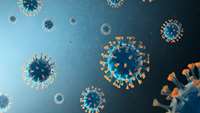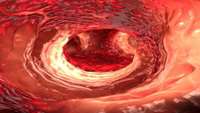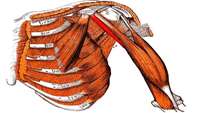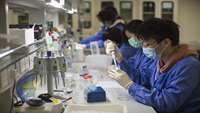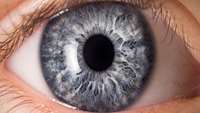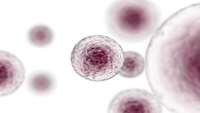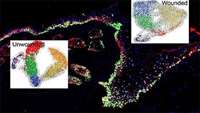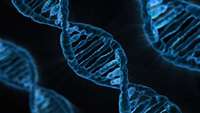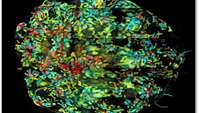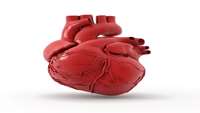'Organ-on-a-chip' model to find out how COVID-19 invades our bodies
In order for a COVID-19 vaccine and antiviral drugs to be developed, scientists first need to understand why this virus spreads so easily and quickly, and why it invades our bodies with seemingly little resistance from our immune system.
Cause of hardening of the arteries—and potential treatment—identified
A team of UK scientists have identified the mechanism behind hardening of the arteries, and shown in animal studies that a generic medication normally used to treat acne could be an effective treatment for the condition.
Cancer cachexia: Extracellular ligand helps to prevent muscle loss
Cancer cachexia is a complex metabolic disease accounting for approximately one third of all cancer-related deaths worldwide. So far, there is no effective therapy for this muscle wasting disease.
China ‘considering plans to genetically-modify soldiers to make army of Terminator-style troops’
China Experts at Rusi say GM soldiers could be faster, stronger and cleverer than their battlefield opponents and even feel no pain.
Clinical Study of iPSC-Derived Corneal Epithelial Cells
In August 2019, Professor Ryuhei Hayashi, Professor Koji Nishida, and co-workers from the Graduate School of Medicine, Osaka University, reported the world’s first transplantation of a corneal epithelial sheet-derived from induced pluripotent stem (iPS) cells.
Researchers rejuvenate aged human cells with stem cell technology
Scientists at Stanford University School of Medicine have used stem cell technology to force old human cells to rejuvenate, reversing the impact that aging has on cells. The study is the first step toward developing an approach to reboot entire tissues.
Defining Epidermal Basal Cell States During Skin Homeostasis and Wound Healing Using Single-Cell Transcriptomics
Our knowledge of transcriptional heterogeneities in epithelial stem and progenitor cell compartments is limited. Epidermal basal cells sustain cutaneous tissue maintenance and drive wound healing.
Probing the genes that organize early brain development
When brains begin developing, there are a lot of moving parts—and when mutations happen in early neurodevelopment, it can lead to disorders like macrocephaly and autism. But scientists dont know much about the ways that development goes askew, particularly in humans.
Human immune cells produced in a dish in world first
One day the advance could lead to a patients own skin cells being used to produce new cells for cancer immunotherapy or to test autoimmune disease interventions.
Changing what heart cells eat could help them regenerate
Switching what the powerhouses of heart cells consume for energy could help the heart regenerate when cells die, a new study led by UT Southwestern researchers suggests.


